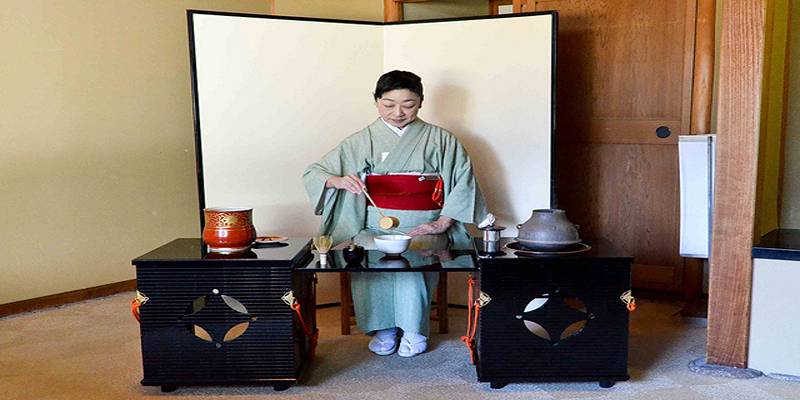A Checkup for the Checkup: Is Your Yearly Physical Still Necessary
Many people, without second thoughts, plan a yearly physical. Years of customary practice have gone by. Do you, however, truly need one? Some specialists say routine visits are not necessarily required for healthy adults. Others think they ward against major medical problems. Many people are left thinking in this argument whether skipping a yearly visit is acceptable.
Research indicates, meanwhile, that regular tests cannot always prevent infections. Rather, age- and risk-based focused tests could be more beneficial. Knowing when you really should have a checkup will save money and time. It can also guarantee you receive the correct medical treatment. The advantages and disadvantages of annual physicals are examined in this article. It also offers direction on when to schedule routine doctor visits.

What Happens During a Yearly Physical?
Standard health assessments are included in a yearly physical to help monitor general wellness. The doctor starts by examining medical history and asking about any present issues. They weigh, measure height, and check blood pressure to evaluate overall condition. The doctor could also listen to the lungs and heart for any irregularities. Doctors sometimes order blood tests for diabetes, high cholesterol, or vitamin deficits. They might also probe lifestyle choices, including nutrition, exercise, sleep, and stress.
Sometimes, the doctor discusses age-specific exams like bone density tests, cancer screenings, or required vaccines. Yearly visits enable people with chronic illnesses to track their condition over time. However, some healthy adults might not discover much advantage from regular tests. Knowing what occurs during a physical exam can enable you to determine whether you should routinely get one. The greatest technique is to find the correct course by seeing a doctor regarding your health requirements.
Benefits of an Annual Physical
Since a yearly physical can identify health issues early on, many doctors advise one. Many often, disorders, including diabetes and high blood pressure, show no signs. Regular visits let doctors find them before problems start. Early identification helps avoid major health problems and enhances treatment success. Furthermore, improving the doctor-patient interaction involves a physical examination. Frequent visits help one to communicate issues and get appropriate direction. Doctors can motivate good behaviors, including frequent exercise and a healthy diet. It lets people keep a balanced way of living.
Updating immunizations is also quite important. Many adults overlook the need to get flu shots or booster doses. An annual check guarantees their continued immunity against avoidable infections. Annual visits are even more important for older persons and those with chronic illnesses. Regular monitoring guarantees appropriate treatment of current health problems and helps to avoid consequences. Understanding risk factors for upcoming diseases lets people move proactively toward improved long-term health.
When a Yearly Physical May Not Be Necessary?
Some doctors feel that yearly physicals are not necessary for healthy people. Studies point to their not appreciable lowering of death rates. Rather, age-based and risk-oriented tests could be better at spotting medical problems. Young people without medical issues might not need yearly visits. You may need to visit a doctor for preventive tests or only when you are ill. Some specialists advise low-risk persons to have checks every two or three years rather than annually.
Sometimes, routine physicals cause unwarranted testing. Little issues could lead to more treatments or medications, which would induce unnecessary stress and increase medical expenses. Doctors advise particular health tests depending on personal risk instead. It is often more effective than a complete physical test for cancer, blood pressure, and cholesterol. Medical background, age, and gender all affect the frequency of these examinations. See a doctor to help decide each person's ideal preventative care schedule.

Who Should Still Get a Yearly Physical?
Not everyone should skip annual physicals. Consistent observation is necessary for some people with current medical issues. This includes people with heart disease, diabetes, or high blood pressure. Regular visits enable doctors to control these illnesses and modify medications as necessary. Older folks also benefit from annual tests. People's medical hazards rise with age. Frequent visits enable one to monitor changes in general health, cholesterol, and blood pressure. Doctors can find early symptoms of age-related diseases, so quick intervention is guaranteed.
Those with a family history of major diseases could need more regular visits. It covers illnesses, including genetic ones, heart disease, and cancer. Early identification raises the likelihood of effective treatment. Those on long-term meds should also see their doctor often. Some medications require ongoing observation to look for side effects or required dosage changes. Talking about personal health hazards with a doctor helps decide whether long-term well-being depends on yearly visits.
Alternatives to a Traditional Physical
There are other methods to keep good health for people without annual physicals. Not always does preventive care call for a complete examination. Rather, to identify such issues early on, doctors advise age-based tests. For instance, cholesterol tests could be required every five years, depending on health concerns. Women could need frequent Pap smears or mammograms. These focused exams, without needless visits, help find diseases early on.
Lifestyle monitoring is another option. Monitoring food, exercise, sleep, and mental health can help avoid later medical problems. Several clinics also provide virtual consultations for minor issues, saving time and effort. Another crucial awareness is of personal health dangers. Recognizing warning signs and family medical history helps lower unnecessary visits. People can concentrate on necessary tests and proactive self-care instead of regular physicals to keep healthy.
Conclusion:
Not everyone would benefit from a yearly physical. Healthy folks might not need annual regular tests. Rather, focused tests and doctor visits grounded in risk factors could prove more successful. Annual visits are still vital for those with family health concerns, elderly persons, or chronic illnesses. They guarantee correct treatment and can identify major diseases early on. The secret is realizing personal health requirements. The best line of action is to discuss the appropriate checkup schedule with a doctor. Long-term health also depends much on regular self-care and preventive actions.












